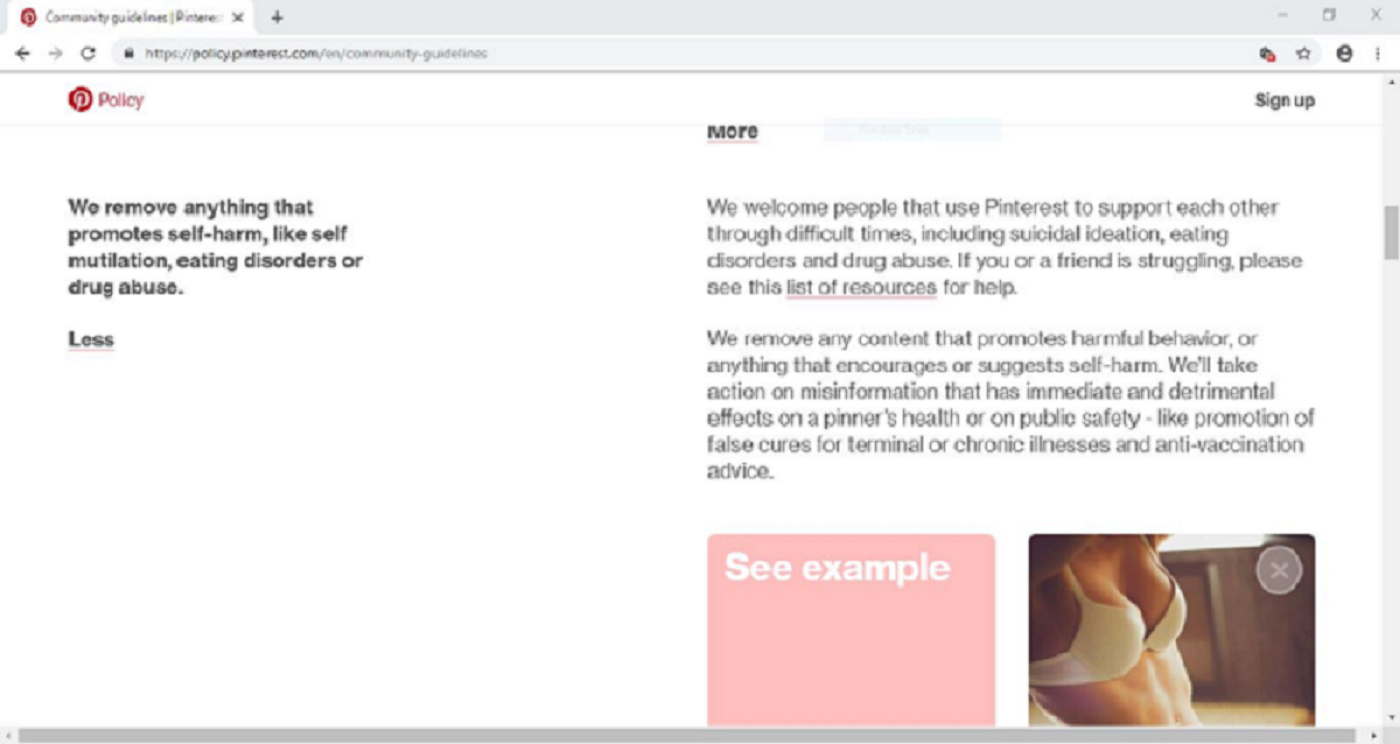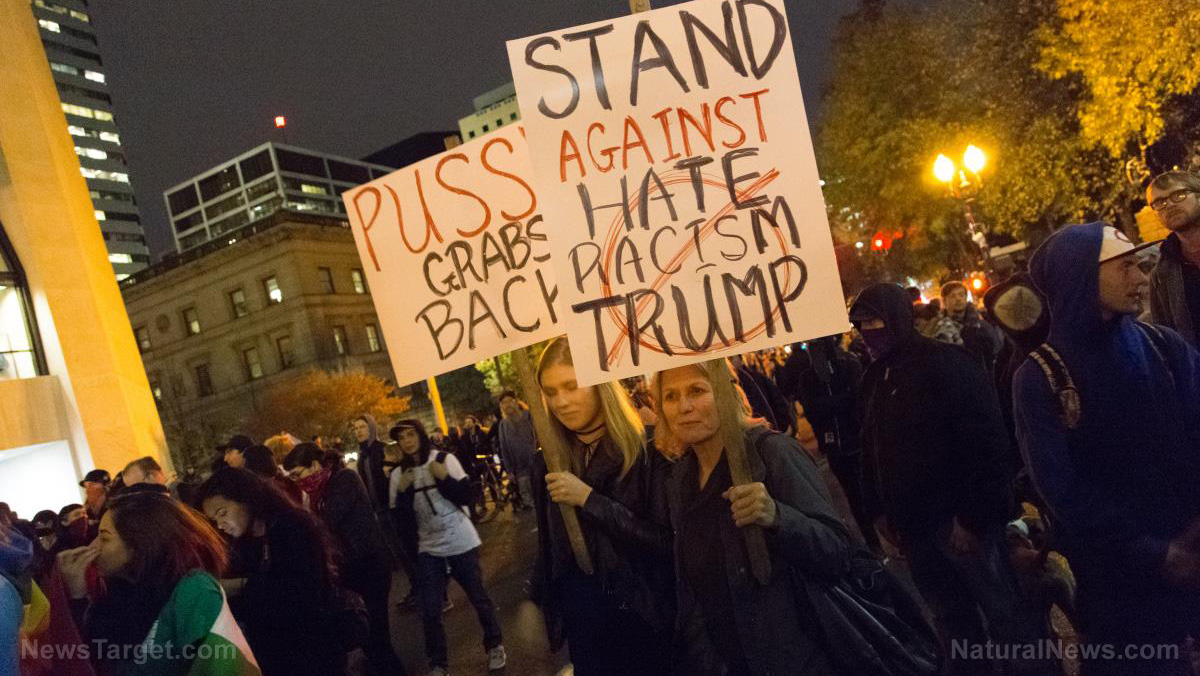How to stop giving rogue government CONSENT to violate your rights and turn you into a felon
12/13/2018 / By Mike Adams

I have a lot of friends in law enforcement, and one thing they all tell me is that very few people know their rights when it comes to saying “No” to cops.
By feigning casual conversation, police are able to violate your rights and turn you into a felon, often for “crimes” you never committed. This is precisely what the FBI did to Michael Flynn when they sent a couple of FBI agents to his office, pretending to be engaging in a friendly conversation and White House tour. In reality, the FBI agents were interrogating Flynn, writing up a 302 document and using his words to prosecute him for “lying” to the government. (Yes, that’s exactly what they did. The corruption of the FBI is mind-boggling.)
Most people don’t know their rights when it comes to interactions with law enforcement. Often an innocent-sounding question being posed to you is actually an attempt to achieve a binding verbal contract of consent that you would not normally grant if you knew the full extent of that contract.
For example, if police officers show up at your front door and ask, “Can we come in and talk with you?” Most people will answer “yes” in a simple attempt to be polite. What they don’t realize is that they have just consented to a warrantless search of their entire home. Whatever the police find in your home may now be entered into a court of law as evidence because you “consented” to the search.
The correct answer to any law enforcement officer standing on your front porch is, “Do you have a warrant?” If they don’t have a warrant, you are fully within your rights to say, “I have no interest in talking to you.” Furthermore, you should be saying this through a closed door, not an open door. There is no law that requires you to open the door for anyone, not even the police. (Hint: You don’t even have to tell them you’re home.)
One of the most common lies that police use to gain access to your home is to claim they “smell marijuana.” It’s harder for them to claim that fabrication if you don’t even open the front door.
Note: If police illegally search your home, anything they find will be thrown out by the courts. Such evidence is inadmissible, but you’ll still need to pay a lawyer to represent you, which is another way that corrupt government wages economic warfare against the innocent.
How to avoid being framed by U.S. Customs and Border Patrol
When international travelers arrive at U.S. ports via air or sea, they are subjected to scrutiny by U.S. Customs and Border Protection (CBP). When you pick up your luggage at an international terminal of an airport, a CBP officer can demand to search your luggage. When that happens, they play a series of word games with travelers to get you to consent to “owning” everything they find in your luggage.
They’ll ask you, for example, “Did you pack this bag yourself?” If you say yes, they’ll add something like, “So everything in this bag is yours?”
Most people will blindly say, “Yes.” Sadly, that’s a trap. They’ve just admitted to owning anything and everything a CBP agent might find in your bag, even if you bag was tampered with by airport personnel, who are routinely engaged in drug trafficking, by the way.
The correct answer to this question is, of course, “With all due respect, officers, I have not been in possession of this luggage for the last 10 hours. It has been handled by any number of baggage handlers, some of whom have a history of criminal theft and smuggling operations. Furthermore, this luggage has likely been opened by ATF officials, who also have a history of illegal activities involving luggage tampering. Accordingly, I did not have control over this luggage and claim no absolute ownership over objects inside the luggage which I did not put there myself.”
They will likely come back with, “Then we will need to seize this luggage and search it.” And they will, by the way.
Your response to that should be something along the lines of, “Have fun with my underwear.”
If they find anything in your luggage that is illegal, do not speak to them (see below) without an attorney present. Most importantly, never consent to owning anything they find that is illegal.
This information, by the way, isn’t meant to protect criminals or smugglers. The best way to avoid being arrested is to obey the law in the first place. My intention here is to help innocent people avoid being wrongfully accused, arrested and prosecuted. And yes, that happens all the time. If you don’t believe me, research the history of the FBI hair analysis lab which ran total quack science “forensics” for decades, pretending that microscopic hair analysis is like a fingerprint that can confirm the identity of one individual out of millions.
Hair analysis is forensic quackery. There is no science behind it at all. Yet the FBI used it for decades to throw people in prison, and many of those people have since been proven innocent thanks to DNA testing.
How to avoid inadvertently consenting to an unconstitutional police search of your vehicle
When people are pulled over by the police, they tend to want to be polite and cooperative. That’s a good rule of thumb, since most cops aren’t bad people, and they’ll treat you with greater dignity if you treat them with dignity first. But all cops know how to trick people into consenting to vehicle searches that otherwise would be impossible to achieve.
One of the ways they accomplish this is to straight out ask you, “Is it okay if I have a look in your vehicle?” Most people will simply say “yes,” thereby consenting to a detailed vehicle search, including the use of drug-sniffing dogs and, if desired by police, the complete disassembly of your vehicle to look for “hidden compartments.”
By the way, as a side note, most criminal thugs aren’t very smart, and they try to hide drugs under seats or inside door panel ash trays, which is exactly where police will look first. Most druggies aren’t geniuses, and they aren’t sophisticated smugglers, either.
The correct answer to any law enforcement officer who wants to search your vehicle is, “With all due respect, officer, I do not consent to warrantless searches. If you’d like to search this vehicle, please provide a search warrant.” You could even add additional flair to your reply and say, “I have been advised by my attorney to not consent to warrantless searches,” which tells the officer that you’re going to fight him every step of the way, without actually having to say that to his face.
By the way, you are not even required to roll down your window to engage in this conversation with police. Just as there is no law requiring you to open your front door to police, there’s also no law that I’m aware of which would require you to roll down your vehicle window. Laws may differ for sobriety checkpoints or local jurisdictions, so be sure to know your local law before deploying any of this information.
If the cop says, “I can have a warrant here in 45 minutes,” then your correct response is, “That’s your call, officer. I do not consent to warrantless searches.” You might even add, “What’s your name and badge number, please?”
Learn more about your rights in a traffic stop at the non-profit Flex Your Rights FAQ page.
Don’t talk to anyone without an attorney present
If there’s one thing we’ve all learned from watching the astonishing corruption of the FBI and its political war against Trump associates, it’s that you should never talk to the FBI, under any circumstances. The same rule applies to talking to the police.
By the way, when I say don’t talk to the FBI, that implies even when you’re innocent. No, don’t even talk to them in that case, either, because they are dishonest and corrupt, and they may be trying to frame you for a “process crime” (i.e. lying to the government).
You can be charged with a felony crime for merely misstating anything to the FBI. If you tell the FBI that you saw “five bad guys” but then later you change your story to “six bad guys,” you can be charged with a felony crime for lying. (Yes, seriously. No joke.) Any detail of your statement can become a felony crime if that detail later changes even the slightest bit. If you first tell them something happened at 4:15, then later you remember it was actually 4:45, you are now a felon who can be prosecuted for lying to the government. You might even be charged with “interfering in police business” or aiding and abetting some other criminal who got away.
If you really want to talk to the police or the FBI, demand to have your attorney present. Until your attorney is present, the only word coming out of your mouth should be, “Lawyer.”
The police are not your friend. If they are pretending to be friendly, it’s just an act to get you to talk. There is no such thing as “Officer Friendly.” The police are there to see if they can nab you on some felony crime, period. Even if they tell you they need your help in solving a crime, you have no legal obligation whatsoever to talk to them. Solving crimes is their job, not yours. If police really wanted to serve the greater good of society, they would stop prosecuting innocent people. Until that day comes, don’t cooperate with anyone who represents law enforcement (and I say this as a friend of law enforcement who served as an executive board member of a police foundation, by the way).
Police will use all sorts of social influence tactics to try to get you to talk without your attorney present. They’ll say things like, “You aren’t a suspect, we just want to clear up some questions.”
In truth, anyone can be a suspect, and anything you say to the police can be used against you in a court of law. Did you ever consider the possibility that the actual criminal who carried out the crime might be the cousin of the cop interrogating you who’s trying to frame you so that his cousin isn’t prosecuted? You cannot know the intentions of the police, and never assume their intentions are honest.
By the way, did you know that the courts have ruled police can lie to you with impunity, but if you are caught lying to them, that’s a felony?
Police can arrest you and your business partner for example, separate you into two isolated rooms, then lie to you and claim your business partner is already spilling the goods, and that you’d better talk fast because only one of you is going to get immunity. The entire scenario is pure theater, of course, kind of like every CNN broadcast.
Also, don’t make the mistake of thinking that your innocence will be so convincing to the police (or the FBI) that they will realize you aren’t a bad person. Cops and FBI agents are only looking to advance their own careers, and that’s achieved by indicting people on felony charges, regardless of whether those people are innocent or guilty. Get this through your head: Your innocence has no impact on law enforcement. They don’t care if you’re innocent. The prisons of America are full of innocent people mixed in with the guilty ones. The cops don’t care which group you belong to as long as they can get an indictment and a career boost.
Robert Mueller, for example, made an entire career out of imprisoning innocent people and pressuring witnesses to lie. It’s a racket. But if you don’t know your rights, you’ll fall right into their trap.
Even if you are completely innocent, do not talk to the FBI or the police without an attorney present. You’d be better off to simply not talk to them at all. Just invoke the Fifth Amendment and repeat, “I have the right to remain silent.”
Remember: Cops think everybody is guilty. That’s how they see the world. Trust me, I know cops. Cops believe that everybody lies all the time, that everybody has something to hide, and that everyone is guilty. The reason they believe this is because those are the examples of people they interact with — the criminal element. Thus, they rarely see anyone who isn’t guilty of something. Plus, cops know that many of the cops are dirty, too, so they really don’t have any faith in humanity at all. They know that cops break the rules all the time. Cops plant evidence. Cops fake “reasonable suspicion” to get warrants to enter private homes. Cops lie to suspects. Cops use fake “field drug test kits” that show positives for almost everything. Cops target people with nice cars so they can confiscate the vehicles — “asset forfeiture” — for their own departments. All cops know this, which is why cops don’t trust people… not even other cops.
If a cop, a detective, or an FBI agent is talking to you, they are already wondering if you’re guilty of something. If you talk to them, you are granting them permission to ruin your life so that they can advance their careers.
Most cops don’t want to waste time with people who know their rights
I know a lot of active duty and former cops. Most of them are good people. They’re also smart enough to know that wasting their time with someone who knows their rights is a silly idea, especially when there are so many other citizens to target who don’t know their rights and won’t put up any resistance to tyranny.
The key here is to be respectful, firm and informed. Don’t piss off the officer and make it personal, or they will suddenly find the time to make your life difficult. Don’t use foul language. Don’t dare the officer to “find a crime.” Just be polite and informed. Communicate the fact that you know your rights and you won’t be intimidated or coerced into surrendering those rights. If you hold to this principle, most cops will send you on your way and move on to their next target.
In summary, most cops aren’t bad people, but they are operating in a system of tyranny that trains them to trick you into consenting to the violation of your own rights. If you go along with their trickery, you’re a fool. Stop being a fool and start asserting your rights politely but firmly. It may just keep you out of prison and prevent you from being charged with a “crime” you never committed.
Read more coverage at PoliceState.news.
Tagged Under: civil rights, consent, freedom, law enforcement, Liberty, patriot, Police, search warrant, Traffic Stop



















